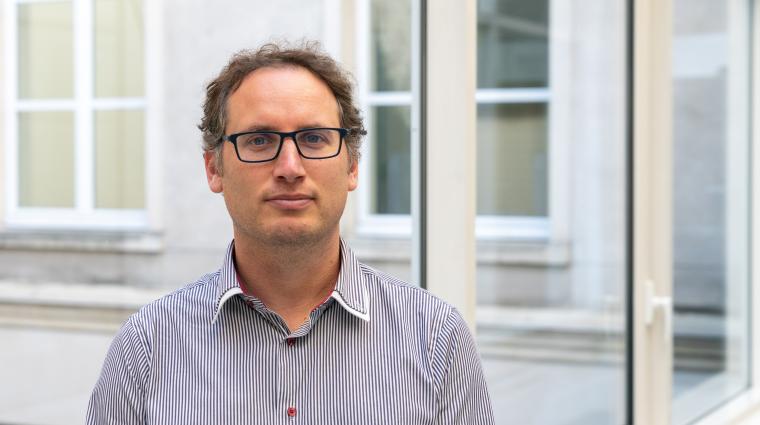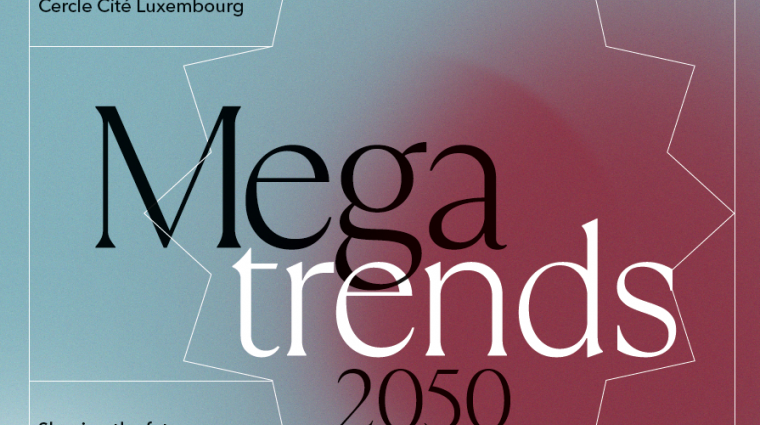
© Pixabay
Researchers from the Greater Region are promoting cross-border teaching and research, as 80 researchers coming from 16 different disciplines, six universities in four different countries
It's hard to believe that there are 2,595 kilometres of borders in the Greater Region. While they may be drawn on maps, these borders have long disappeared from the minds of the 11.5 million people residing in the Greater Region. Every day, around 220,000 commuters cross the borders to go to work, and other residents cross borders to go shopping or to get fuel. This all has an exceptional influence on the region, shaping it in terms of different employment rates and income brackets in the region, shaping its traffic, linguistic diversity, cultural differences, and cross-border collaboration in so many areas.
Research on border areas should be perceived more internationally
The Greater Region represents an interdisciplinary research field for science. What's more, the knowledge gained from this research can be decision-making aid for political decision-markets in the area. It is not uncommon for research to examine the subject of life in border regions, but the way in which this occurs in the Greater Region is unique.

The Universities of the Greater Region (UniGR), which is formed of the Universities of Liège, Luxembourg, Trier, Kaiserslautern, Lorraine, and Saarland, formed a communal network in 2014 under the name of the UniGR Centre for Border Studies. The centre considers itself a multidisciplinary platform for border research. The purpose of the network is to combine the projects of the participating universities and promote communal research.
The border region offers a broad research field for various disciplines
As of 2018, the network has offered an eponymous Interreg VA Greater Region programme, for which the purpose is to structurally develop and consolidate the cross-border science network. Currently, 80 researchers from 16 different scientific disciplines are involved. According to the scientific project leader Christian Wille, the purpose is also to sustainably position the Greater Region as a research area in an emerging field. The project should contribute to bringing the area to the attention of other researchers in the field.
One component is the specific construction of infrastructure designed for research. Wille, a culture scientist at the University of Luxembourg, added that the centre hopes to create an online database with important specialist texts on border studies, alongside preparing resources and comments to allow other scientists and institutional actors to work with these resources.
A third of Europeans live in border regions
As an example, Wille referred to regional development plans, that are not identical in the different areas of the Greater Region. Here, he explained that an integrated spatial development of the Greater Region requires interregional coordination of such spatial development activities. To that end, the UniGR's centre has a digital documents centre with information and strategic documents available for consultation.
The president of the European Committee of the Regions, Karl-Heinz Lambertz, believes the Centre for Border Studies helps to open borders for citizens on both sides. He has observed 'true laboratories of European integration' and highlighted the importance of this research. After all, a third of all Europeans live in border regions.
A communal masters' programme in Border Studies
The border researchers' network is also of interest to students - the trinational and multilingual Border Studies masters' programme has been offered by four of the universities in the UniGR network since 2017. The programme allows students to learn about societal, economic, and political connections in border regions. Students can also specialise in a specific area, culture, or linguistic science. The network is also developing innovative remote-learning instruments to facilitate cross-border studies.
The European Union has made the further development of the centre possible, having allocated €2 million of the Interreg VA programme to the network until 2020. The universities contribute a further €1.6 million.
Author: Uwe Hentschel








